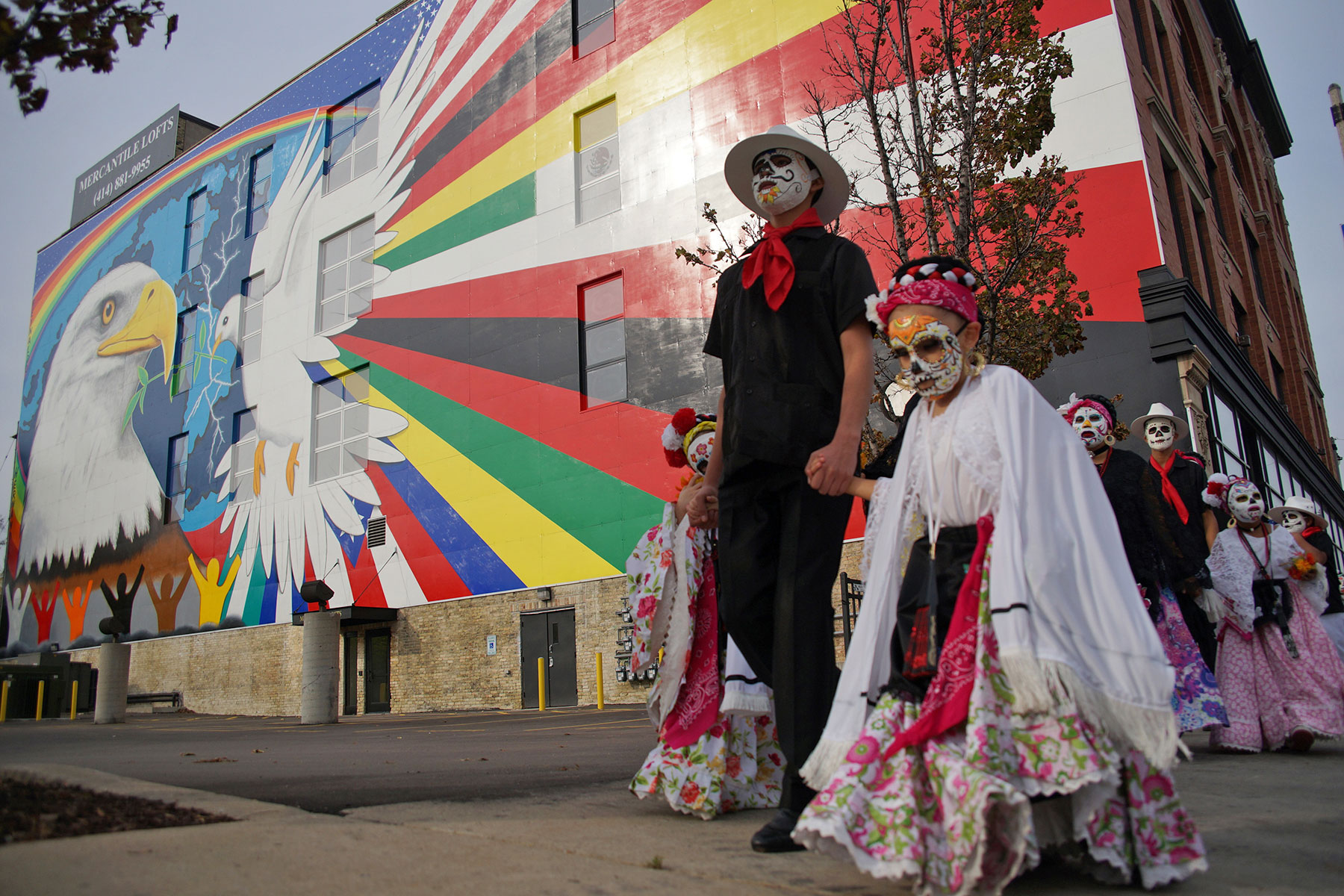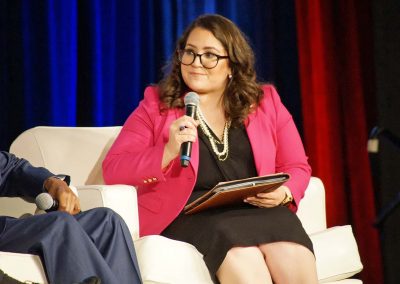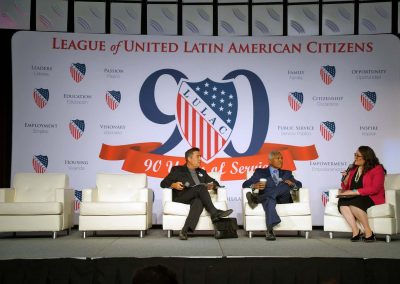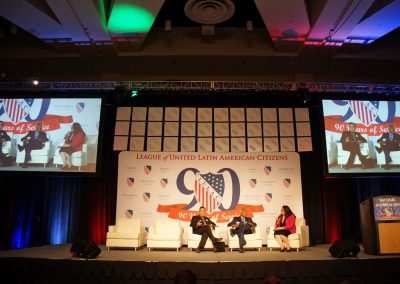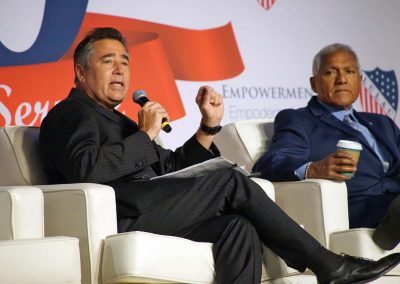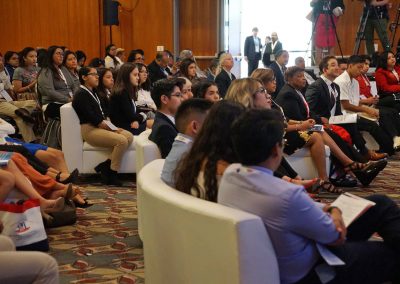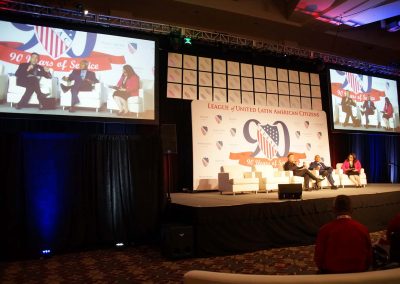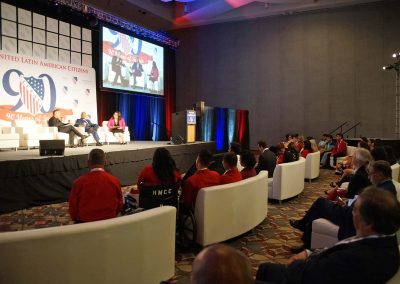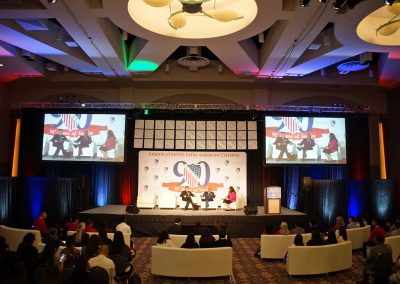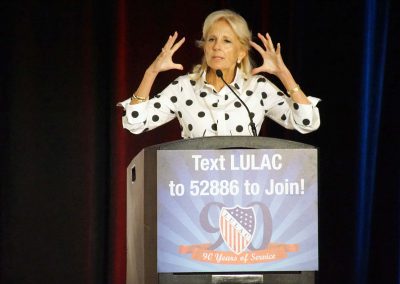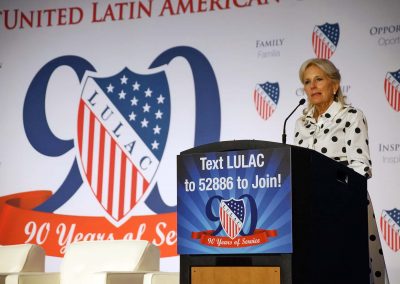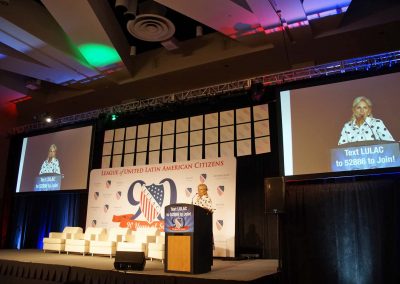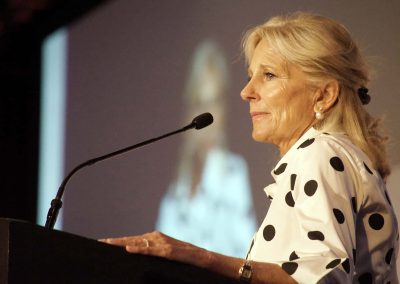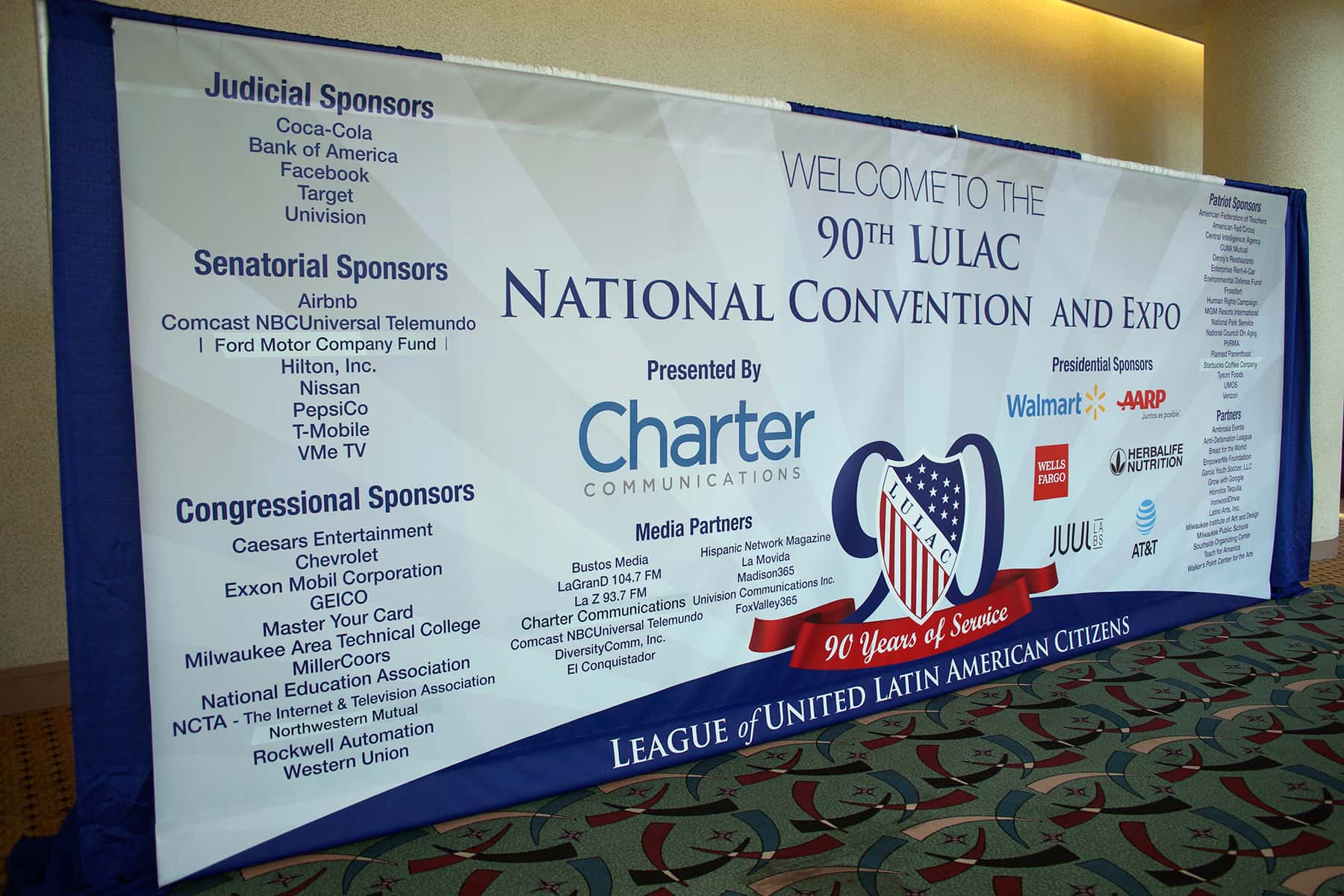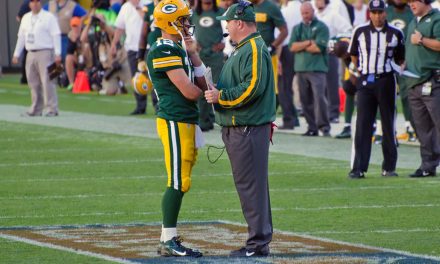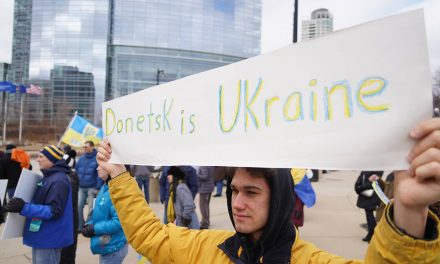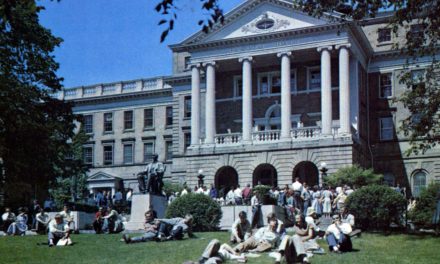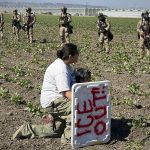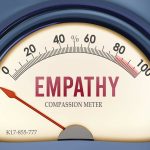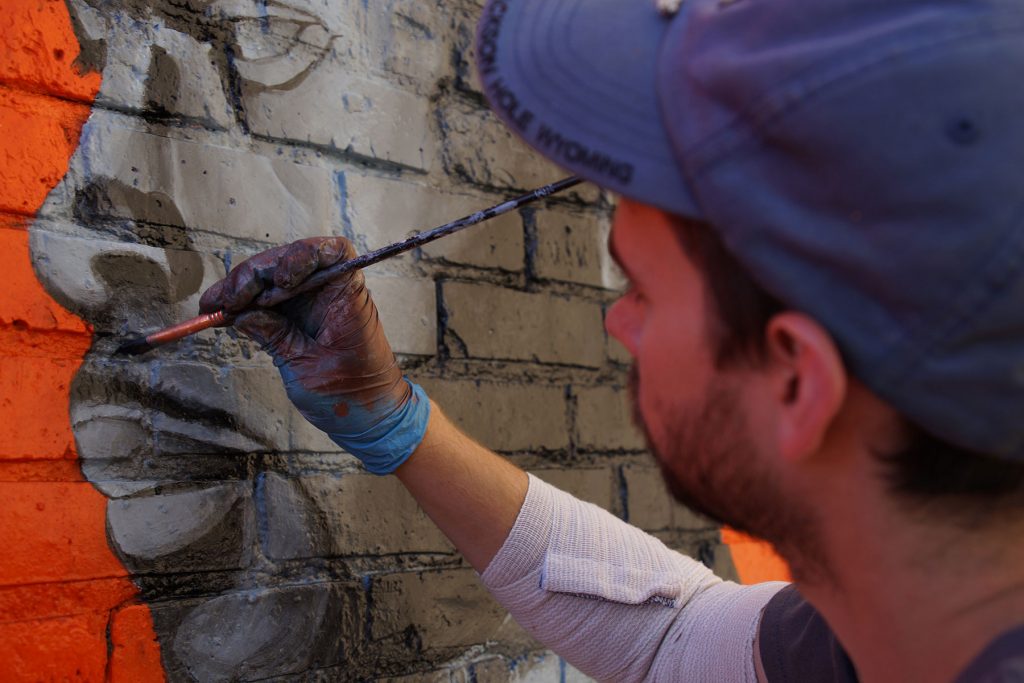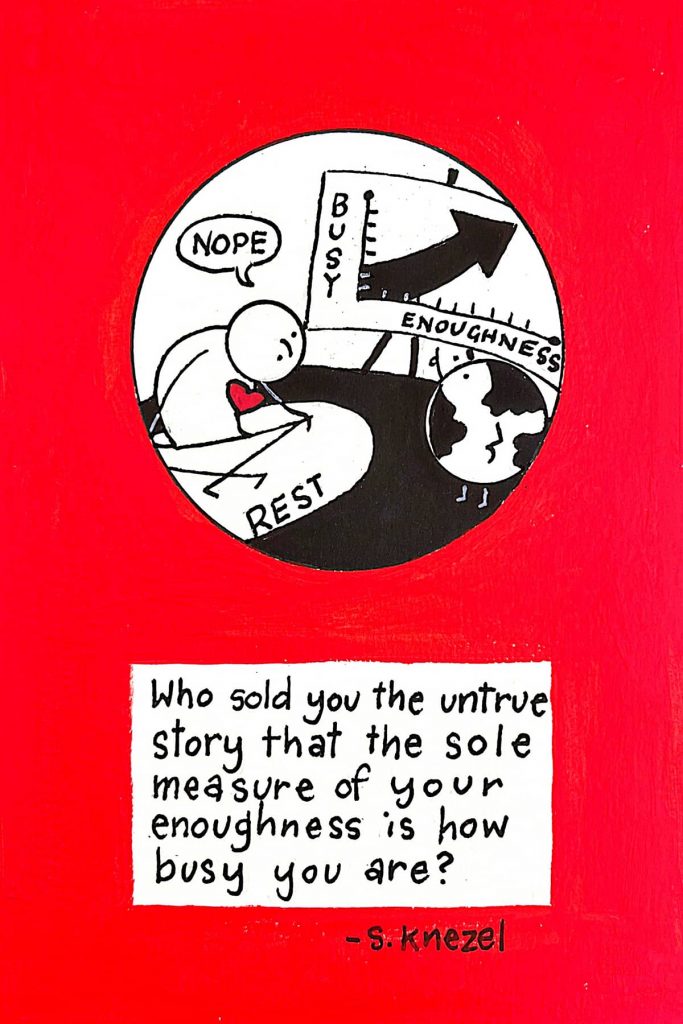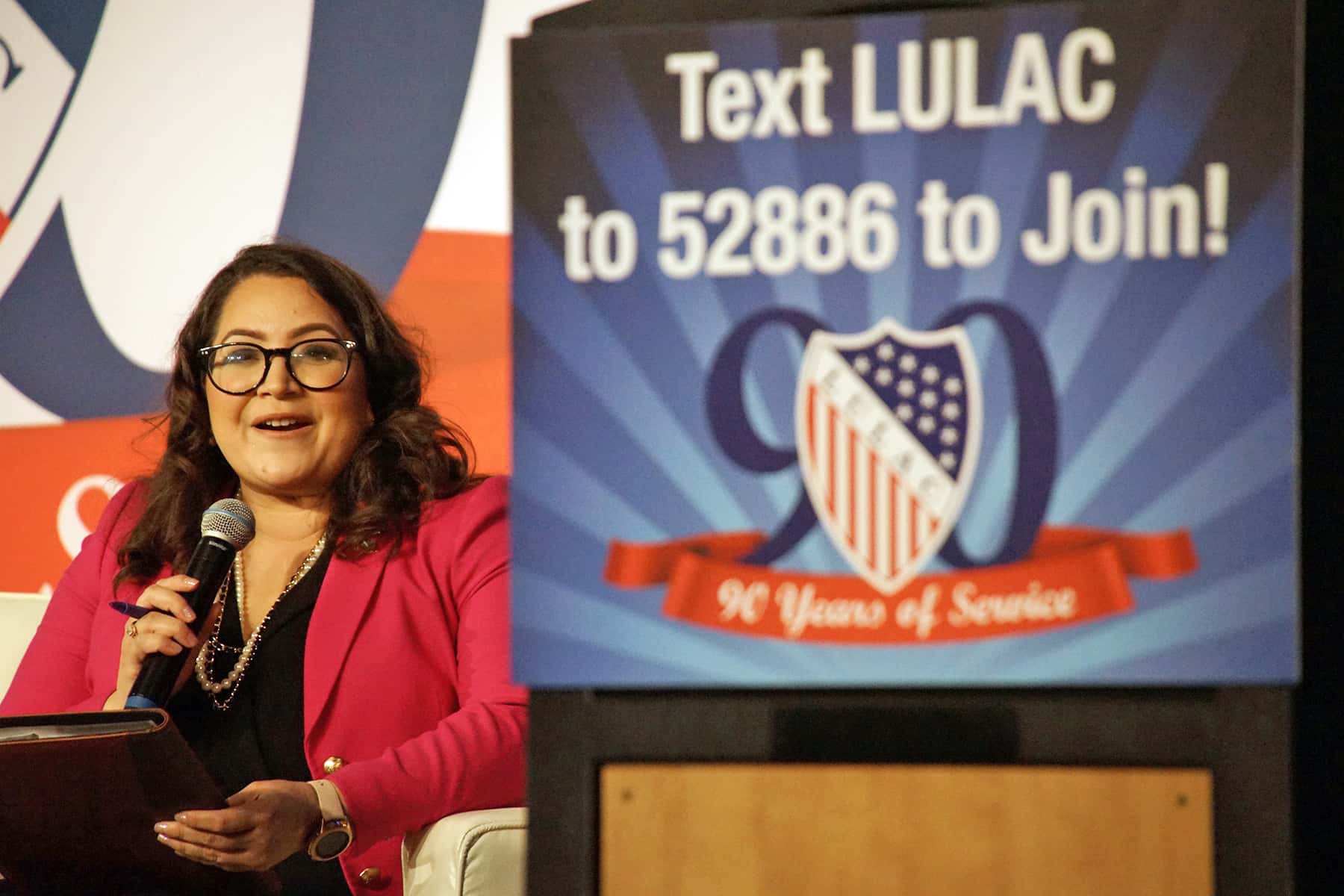
The League of United Latin American Citizens (LULAC), the nation’s oldest Latino civil rights organization, held its 90th annual national convention in Milwaukee from July 10 to 13. While this year’s LULAC convention will be the largest national Latino meeting organized in Milwaukee’s history, it certainly will be the first of its kind.
That honor belongs to the 1971 Milwaukee Latin American Convention, an event organized to harness an upsurge in social movement activism among the city’s growing Mexican American and Puerto Rican communities. In 1970, more than 20,000 Latinos called Milwaukee home. They were bound together not just by a common language and related cultural heritages, but also by shared concerns over employment, housing, and educational opportunities.
On the near South Side, where the majority of the city’s Latinos lived, 20 percent of residents suffered from unemployment, a marked disparity from the city’s overall unemployment rate of 6 percent. Latinos faced disproportionately higher rates of overcrowding and lower median property values than other Milwaukeeans. The city’s K-12 and higher education systems, meanwhile, failed to offer curriculum or programs that spoke to young Latinos’ linguistic diversity or cultural heritage, much less their lived experiences.
In response to these persistent inequalities, several Latino organizations emerged as vocal and integral members of the city’s larger civil rights movement. Like their African American contemporaries, Latino activists demanded full access to and participation in American political, economic and social life. Mexican Americans and Puerto Ricans formed organizations like the Latin American Union for Civil Rights, or LAUCR, as well as chapters of the farmworker union boycott movement and the Young Lords Organization. These groups produced energy and enthusiasm for change but at times lacked cohesion in their organizing efforts.
To coordinate the work of these organizations, the LAUCR proposed a statewide meeting for Wisconsin’s Latino communities in January 1971. The Milwaukee Journal referred to the conference as the “most ambitious organizing project” yet attempted among state Latinos. The LAUCR sought to create a “federation” of organizations that could address problems cooperatively while reducing the duplication of services among a growing assortment of nonprofits across the state. Most important, attendees hoped this collaboration would empower Wisconsin Latinos of all backgrounds to confront current and future needs within their own communities.
More than 800 attendees from Milwaukee, Racine, Waukesha, Delevan and Sheboygan assembled at the University of Wisconsin-Milwaukee and St. Hyacinth Catholic Church for the convention. With delegates from block clubs, social service agencies, churches, social groups and businesses, the meeting brought together a wide range of political perspectives, ranging from those calling for militant and radical change to more conservative voices. Regardless of their political orientation, most attendees agreed on the need for a more robust and organized movement to build a strong base for social and political change.
Participants attended workshops addressing community problems, including employment, housing, education, social services and political engagement. They also heard from representatives from national organizations. Carlos Guerra, national chairman of the San Antonio-based Mexican American Youth Organization, described the recent political success of La Raza Unida Party, which had shaken Democratic Party politics in 26 Texas counties. A representative from the Chicago Young Lords Organization, meanwhile, detailed the establishment of a free breakfast program and medical clinic for children.
The conference’s most thrilling development, however, were the actions taken by a committed group of Milwaukee Latina activists. Calling their initiative “Power of Women (POW)-Fuerza Femenina,” the 60-member caucus seized the conference stage and presented a list of their demands.
They argued that women for too long had been relegated to “cooking tortillas” instead of being equal partners in building community institutions. The activists consequently urged that Latinas hold leadership positions on all boards of directors for agencies and organizations serving Latino communities in Wisconsin.
POW’s efforts to empower all members of the state’s Latino community, women included, spoke to the conference’s central message of solidarity. Participants of different nationalities and citizenship statuses spoke of “una raza unida,” a united community with the shared goal of Latino empowerment. Local media described the multiday convening as “more than a convention” and instead a “coming of age” for the city’s rising Mexican American and Puerto Rican populations.
Since the 1971 convening, Milwaukee’s Latino community has continued to grow, both demographically and politically. The 2019 LULAC national convention represents another chapter in this community’s long history of activism and political engagement, one that places it now on the national stage.
Sergio M. González
Lee Matz
Originally published on the Milwaukee Neighborhood News Service as Milwaukee’s Latinos prepare to make history. Again.
- Milwaukee’s Latino community welcomes LULAC 2019 National Convention with gala celebration
- Historic ribbon cutting at LULAC convention ushers in new chapter for local Hispanic population
- How a vibrant local Latino history landed the LULAC national convention in Milwaukee
- Presidential candidates Castro, Warren, Sanders, and O’Rourke visit Milwaukee for LULAC’s Town Hall
- Chief Alfonso Morales joins Wisconsin leaders in support of drivers permits for immigrants
- Puerto Rican leaders share love of America and need for disaster relief during Milwaukee visit
- LULAC members swarm Senator Ron Johnson’s Milwaukee office in protest of “Kids in Cages” at border
- Lights for Liberty coalition holds vigil to shine a light on the darkness of detention camps
- Politics and Puppets: How oligarchs profit from Trump’s division of Americans
- National spotlight will be on Milwaukee’s Latino community during LULAC National Convention
- Milwaukee to celebrate Latino heritage as host of LULAC National Convention on 90th anniversary
- Darryl Morin helps LULAC National Convention say yes to Milwaukee
- Milwaukee residents shutdown highway near Trump fundraiser to protest family separation 📷AWARD
- Milwaukee joins national protest demanding end to Trump’s zero tolerance policy
- Milwaukee faces moral crisis as voices share the heartbreak of Trump’s immigration policy
- Rally at Homeland Security office seeks end to indefinite imprisonment of families
- Wisconsin National Guard to participate in Federal actions to separate families at Mexican border
- Milwaukee families face separation and deportation as Speaker Ryan stalls DACA legislation
- Politicians and supporters of DACA arrested in Racine while fighting for Dream Act
- Trump ends DACA and Milwaukee leaders react with outrage to its impact
- End of DACA proves white society hoards the American dream
- Trump’s deportation directive targets vulnerable Milwaukee families
- Coalition supporting refugees shares its love for this country
- Darryl Morin: Every voice makes a difference

